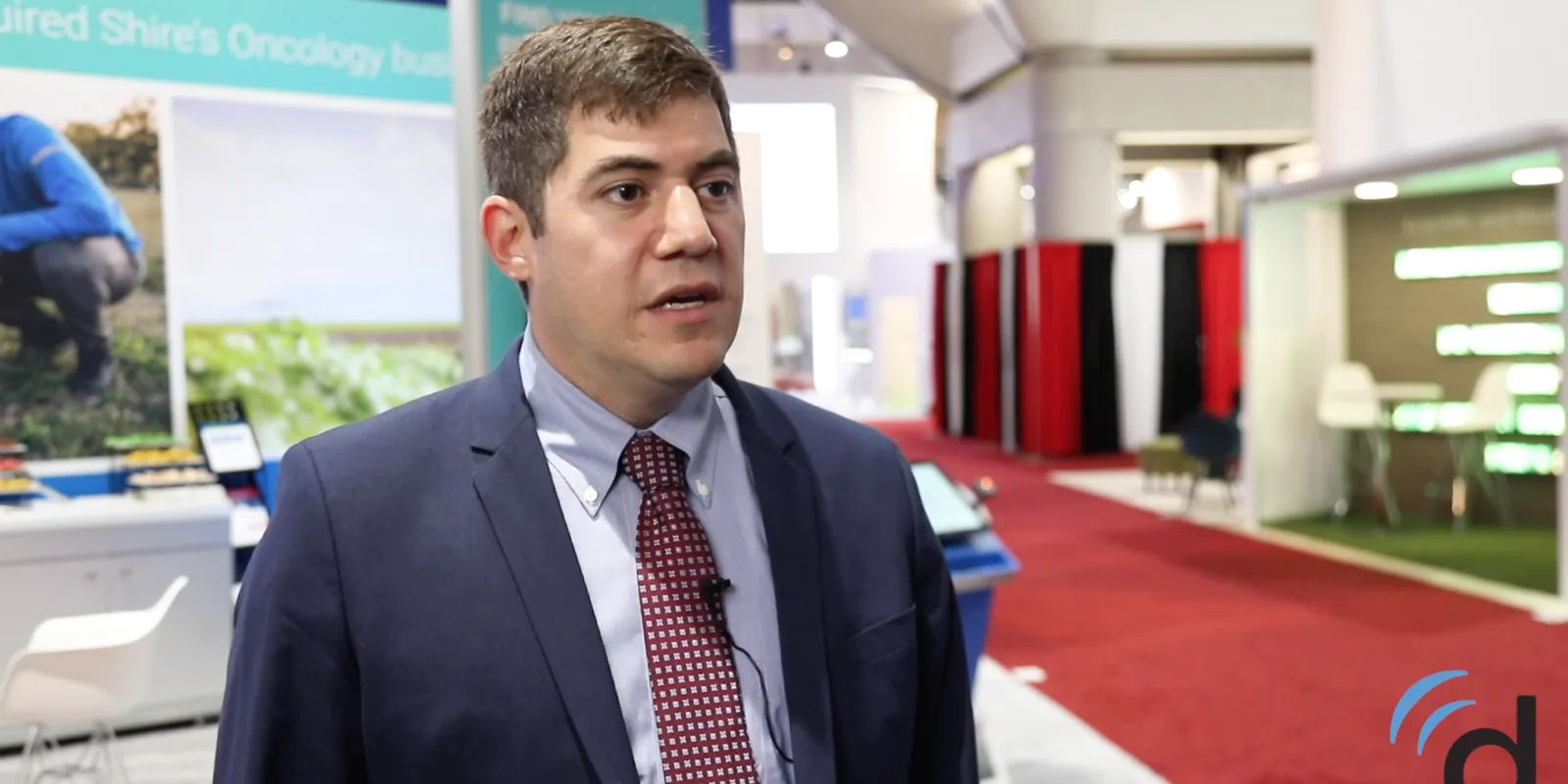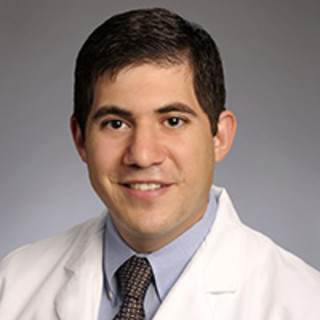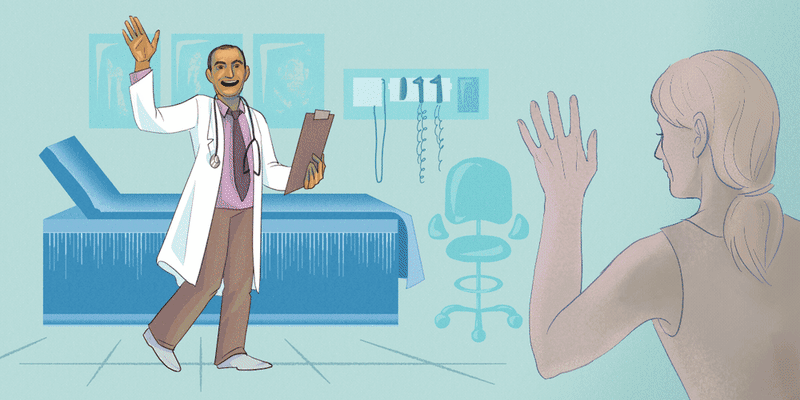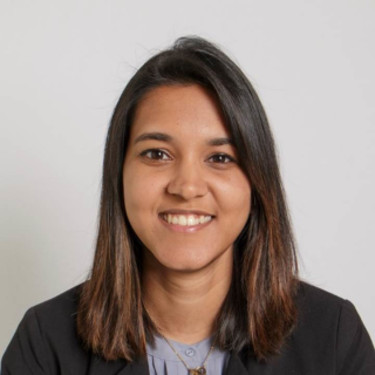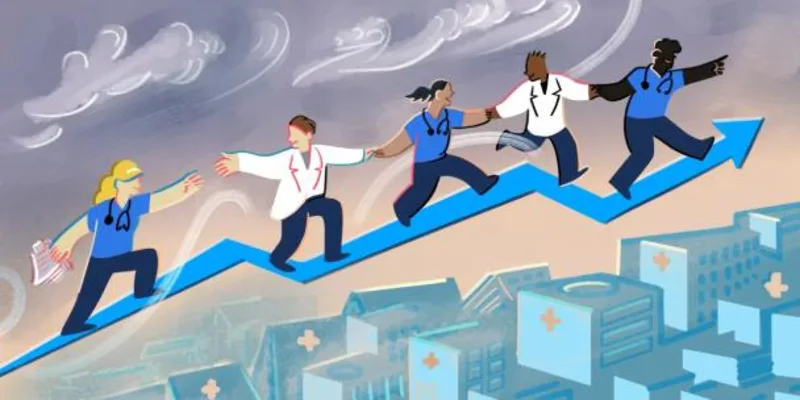Dr. Jonathan B. Cohen presented at the Aggressive Lymphomas session at ASH 2018. He discussed his talk titled "Novel Therapies for Relapsed/Refractory Aggressive Lymphomas" with Doximity. The full interview transcript can be read below.
Doximity: What are the key takeaways from your presentation on “Novel Therapies for Relapsed/Refractory Aggressive Lymphomas”?
Cohen: So we've heard a lot at this meeting and at prior meetings about CAR-T cells. Fortunately, we have two FDA approved products with additional products that are currently under development. There's no question that for patients with aggressive large cell lymphoma who have relapsed, especially that have relapsed multiple times, it's been a very significant improvement in outcomes.
However, this does come with a potential cost. These therapies do activate the immune system and have been associated with life-threatening cytokine release syndrome as well as neurologic toxicities. These are toxicities that we now know to look for and we monitor patients very closely during the time of their infusion and for a few weeks afterward. One of the other important aspects of care of patients with CAR-T cells is that there can be some longer-term toxicities that are now starting to emerge. So some patients have persistent cytopenias and other patients will have prolonged b-cell deficiency, which does put them at risk for infectious complications many patients will require IVIG infusion and otherwise will need close monitoring for months to even years
Doximity: Can you comment on managing the high cost of these new therapies?
Cohen: I think the cost question is a big challenge and there's a number of insurance companies and government players who are not covering some of our current immune therapies or at least that are covering them at rates that don't make it feasible for a lot of centers to offer it.
I think this is a real problem because there's a number of patients, especially those that are over the age of 65, that may benefit from these treatments that don't have access to them. So I think there's going to need to be an additional push from both physicians as well as patients to try to improve access for these for these therapies. I think it's also incumbent upon the physicians and the lymphoma community to better identify which specific patients need these most expensive therapies and which may have diseases that would also be served by therapies that are maybe not quite as pricey.
Doximity: Do you have any advice for colleagues and patients on how to advocate for more affordable CAR-T therapy?
Cohen: There are a lot of opportunities to interact with CMS and Medicare as far as advocating for this type of treatment. I think it's important though that patients especially reach out to their elected representatives and let them know that these are therapies that they think are important and that to push for allowing for coverage of these therapies. That's probably one of the best ways for patients to get involved. In addition, organizations like ASH and the ASBMT that are out there to advocate for patients are also pushing for this with Congress and with their elected officials. I think there are opportunities for patients to get involved with these organizations as well.
